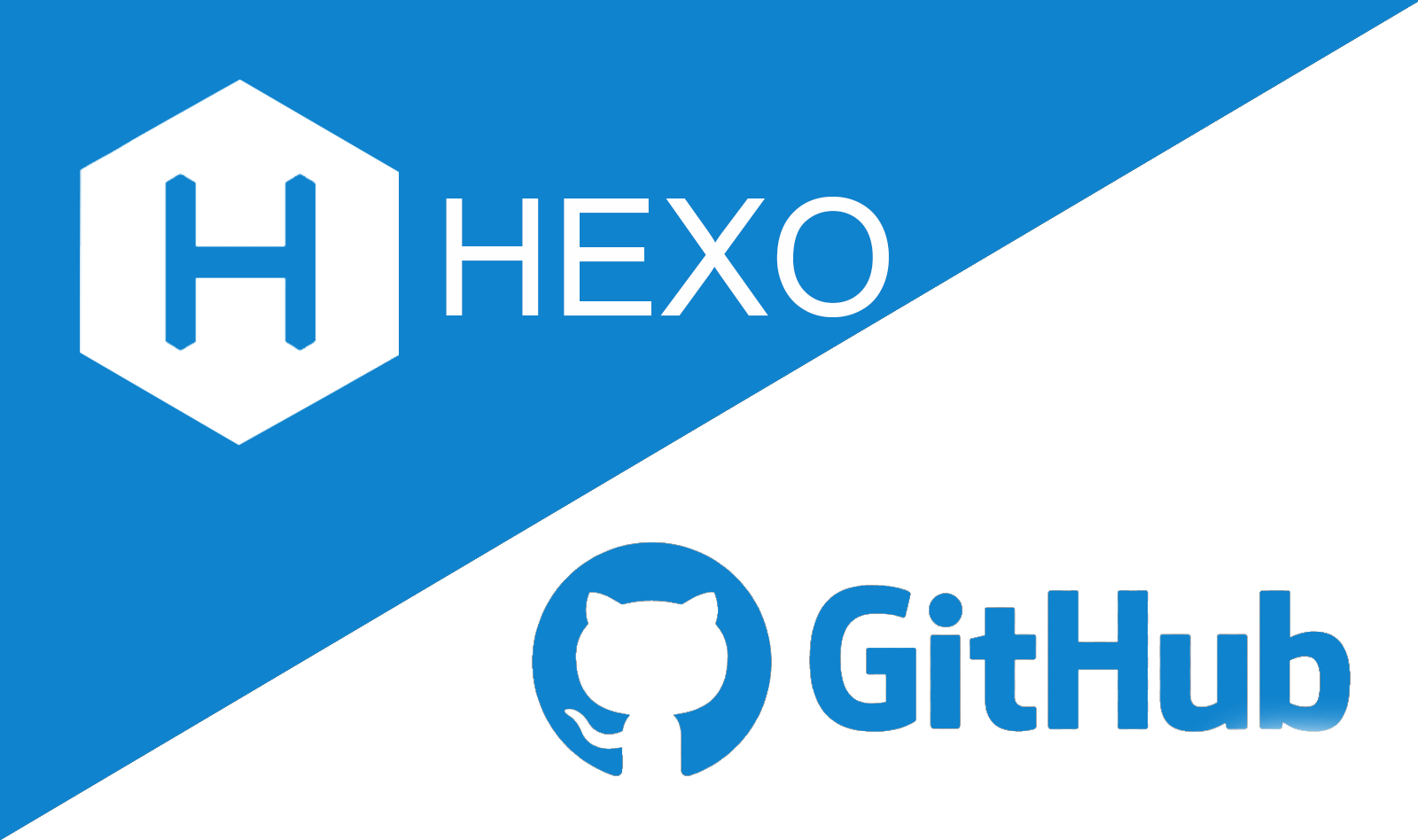how to effectively prepare for your algorithm interview
Almost every programmer—regardless of experience level—will face data structure and algorithm questions during technical interviews. Many candidates assume that solving a large number of problems is the key to success. However, with platforms like LeetCode now hosting over 3,500 problems (as of April 2025), it may feel like you'll never reach the mythical point of "enough" practice.
So, how can you effectively prepare for your algorithm interviews? Here are two principles I’ve found most impactful:
1. Focus on High-Quality, Pattern-Based Practice
Rather than blindly grinding hundreds of questions, concentrate on problems that represent common patterns and core concepts. Most algorithm interviews draw from a relatively small pool of problem types, and these can be covered by roughly 300 well-selected questions.
Resources like AlgoMaster 300 and Cracking the Coding Interview organize questions by topic and difficulty. Studying these in a structured way—using spaced repetition, note-taking, or even blogging—helps internalize key strategies.
Over time, you'll begin to recognize recurring patterns (e.g., sliding window, backtracking, union-find) and develop solution templates. These templates act as mental shortcuts during interviews, helping you quickly identify the right approach under time pressure.

2. Show Your Thinking Process Clearly
Remember: the goal of algorithm interviews is not to check whether you’ve solved hundreds of problems, but to assess your:
- Analytical thinking
- Problem-solving strategy
- Communication skills
This is especially true for new graduates, who may lack real-world project experience.
When you receive a problem, don't rush into coding. Start by clarifying the problem with your interviewer:
- Are there any constraints I should know about?
- What data types or structures should I use?
- Who will be using this API?
- Should we optimize more for time or space?
- Is multithreading a requirement?
These questions show that you're thinking like an engineer, not just a coder. Afterward, propose a workable solution that fits the time constraints. If you finish early, discuss potential improvements: testing, edge cases, time-space tradeoffs, etc.
Practicing mock interviews with a friend or mentor is one of the most effective ways to build this skill.
Further Resources
There are excellent curated guides such as:
But no matter which list you follow, the key is deliberate practice, not just repetition.
Final Thoughts
Interview preparation is not just about grinding problems—it's about developing a sharp, reusable problem-solving mindset. Keep solving thoughtfully, not endlessly. And remember, interviews often also include system design, behavioral rounds, and domain-specific knowledge.
Stay consistent, stay curious—and keep moving forward. 🔥
how to effectively prepare for your algorithm interview


